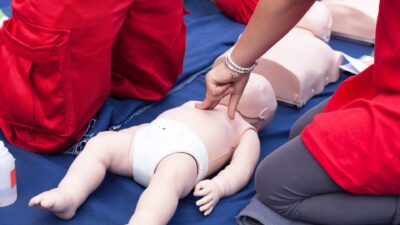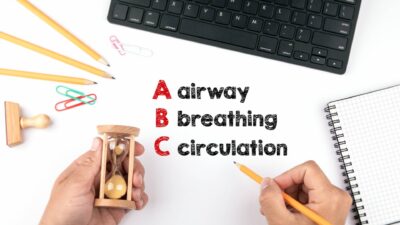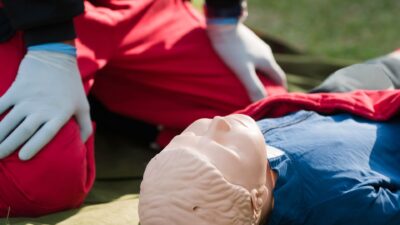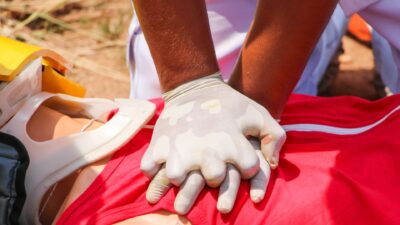
Safety First: The Role of CPR Certification in Security Services
Why CPR Certification Matters in Security Services CPR certification is a vital skill for security personnel, ensuring they can respond effectively during emergencies. In security services, the ability to act quickly in health crises can make the difference between life and death. Here’s why CPR certification is indispensable in security services: By providing security teams…
Read More





